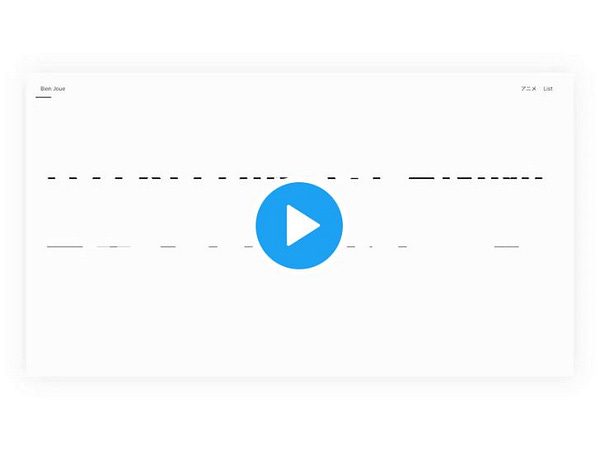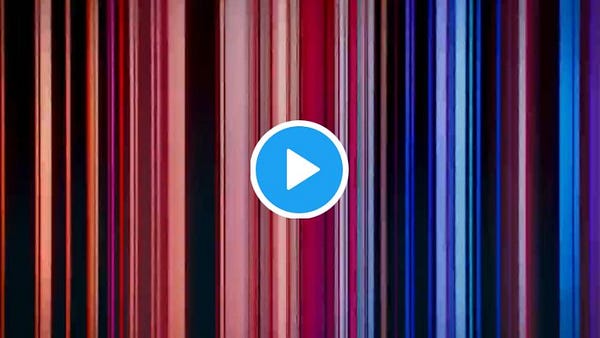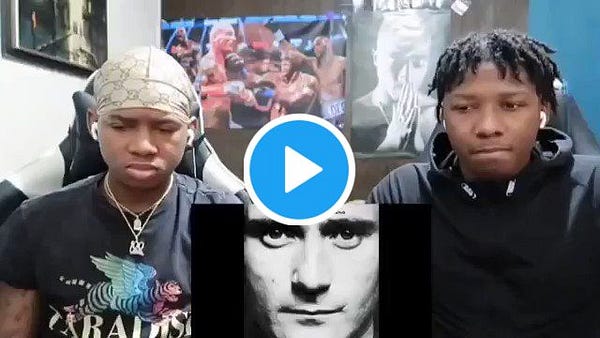The Kaizen Newsletter #58 (11/08/2020) - How to cement your habits using challenges
Thoughts on habits, books and spiky point of views
Hey friend 👋,
Welcome to the 58th edition of the Kaizen Newsletter ⛩, a weekly newsletter where I share my thoughts, new ideas I learn and make weird connections between self-improvement, productivity, product, tech, sports, anime.
(if you got referred to this page by a friend or are simply visiting you can subscribe here👇)

29 days ago, I decided to start a 75-day challenge that involves drinking at least 4L of water per day.
I usually drink water from my small 300mL Hydro Flask, but instead of drinking ~15 cups of water, I'd rather just use my bigger 950 mL bottle. That way, I would only need to drink ~4 bottles to get to the 4L mark.
Makes sense right?
However, after a few days after my challenge started, I realized that I would always prefer drinking in my smaller 300mL cup and would always leave my 950 mL closed. I would always struggle at the end of the day to get to my 4L and had to chug 1-2L of water right before going to bed very often (trust me it's not fun when you're constantly peeing throughout the whole night).
So I wanted to try out a theory and decided to switch my 950 mL bottle with my smaller water bottle that I use at the gym.
And suddenly drinking 4L became a lot easier.
So what was the big difference? Visibility.
Because my bottle was translucent, I always had an eye on how much water I've been drinking. If I realize that the water has stayed at the same level for a long period of time, I would be more enticed to just open the bottle and drink water.
On top of being translucent, the bottle also had measurements on the bottle. This helped me mentally calculate the amount of water I was drinking.
But the biggest benefit I saw from the measurements is that when there were only 200-300 millimetres left, I would just chug the rest of it so that I can re-fill my bottle right away.
This small action made me realize how susceptible we are to pushing ourselves when we know that it's only for a temporary amount of time.
This is the same psychological action that happens when we push ourselves for our 10th rep at the gym even if we know that our body collapsed at the 7th rep.
And this is why I'm so bullish on using challenges to cement habits that we want to create.
If you're like me, whenever starting a new habit, you would be able to start out pretty strong for a couple of days, but after a few weeks, you start skipping days here and there and then your habit suddenly disappears because it's too hard to maintain.
The reason why it's so hard to maintain a habit is that your brain thinks that you're going to do this habit FOREVER. You're basically signalling your brain "yo bud, so I want to do this thing and like we're going to be writing 30 min a day for the rest of our lives, k?"

And obviously you're brain is not totally happy with that (as you can see in the image above).
This where challenges come to rescue the day (or in this case your habits).
Challenges make it easier for you because it's only for a certain amount of time.
If you tell yourself that you're doing this habit only for x amount of time, it becomes easier to push yourself to complete it.
Similarly to how you would push your body to make the 10th rep even if you're body collapsed, you'll also be able to push yourself to continue this habit even if you are mentally checked out.
"Ok Alex, you only have a few more days to go, you can do this."
Pairing a challenge with a habit that you are trying to develop is akin to seeing that there is only 200-300 millimetres left in my water bottle.
It creates a mental finish-line in your head that you know you'll be able to cross soon.
So the next time you are trying to incorporate a new habit in your daily life, try to pair it up with a challenge to make it stick.
Now, on to the newsletter.
🤔 Thoughts
📚Thoughts on Books
I recently finished reading the book "The Courage to be Disliked" and I was a bit disappointed by it.
A lot of my friends have been raving about it and one even wrote a blog post about it. And don't get me wrong, I actually agreed with almost everything in the book, but it just didn't do much for me.
I realized that because I've been on this self-improvement journey for the past few years, I have already internalized a lot of these insights through other books and through my own introspection.
And sometimes the opposite happens as well. You would finish a book that completely blew your mind and when you ask your friend what they thought about it they try to swerve the topic because it didn't really do anything for them.
And the reason why is because the timing of the book is almost as important as the content of the book itself.
As my friend Salman explains in his blog post:
You need to be in a place in your life where you are ready to receive the message being presented by the author. - Salman Ansari
And even if this was supposed to be THE BOOK that would change your life, if you're reading it at the wrong time, then you won't get as much value from the book as others have.
This is also why I believe we should think about re-reading books that didn't resonate with us on our first read.
Maybe it just wasn't the right moment to read the book, but it could be life-changing today.
I remember reading the War of Art a few years ago and even if I've heard a lot of great things from it, I just didn't vibe with it at all. But at the time, I was in a different mindset and didn't consider myself as a creative person.
But fast forward today and I'm sure I would be able to get a lot more from it, especially since I started writing more seriously.
I'm curious, has there been any books that you've previously read that you didn't like that you might like today? Feel free to reply to this email or leave a comment!
🌵 Thoughts on Spiky Point of Views
A while ago, I realized that whenever someone would ask me a question, I would never want to give them my real opinion.
Instead, I would try to think of what's the general consensus on this topic and use that as my opinion. And even if the person disagreed with me, I would tell myself that I'm right because "that's what most people are saying anyways."
I always feared being wrong whenever I had a personal opinion, which is why I never voiced it. Instead, I wanted to act cool and blend in with the crowd, so I just followed the opinion of the majority.
But one thing I learned since I've started using Twitter more actively is that it's GOOD to have your own opinion.
People follow you and are interested in you because of your unique point of view. And that's how you are able to stand out in the crowd.
That's why it's important to develop our own Spiky Point of Views.
A spiky point of view is a perspective others can disagree with. It’s a belief you feel strongly about and are willing to advocate for. It’s your thesis about topics in your realm of expertise. - Wes Kao
Here is one spiky point of view of mine that I've been thinking about recently:
It’s not worth it to do all of these growth hacks on Twitter if losing your authenticity is a consequence. Obviously, it’s normal to want to grow your Twitter, and I also use growth hacks to do so, but I wouldn’t want to grow my account if it means that I can’t be myself. For me, it’s authenticity first, growing my Twitter account second.
Would love to hear one of your spiky point of view as well. Feel free to reply to this email or leave a comment!
🐦 Tweets
Big fan of Micah's work and love his aesthetic and this is no exception.


Who else than Hans Zimmer to make Netflix's "Ta-dum" sound super epic?


Seeing these kids reacting to Phil Collins is amazing. Also reminded me how 🔥 "In the Air Tonight" actually is.
🙏 Shoutout
Shoutout for the conversation I had with Salman Ansari. He's definitely someone I look up to and I'm glad I can now consider him a friend as well. Probably one of the most important conversations I've had this year.
👋 End Note
If you want to know what I'm up to now, you can check it on my website here.
If you enjoyed the Kaizen Newsletter, then it'd be cool if you can share it with your friends.
Feedback is always appreciated, so let me know what you liked and what I can improve on by replying to this email.



Great newsletter. Also great point on Twitter. There’s no point being inauthentic to grow. the problem would only worsen as you got bigger. You’d feel more inclined to perform - and less like yourself as a result.
The point about the water bottle is well-received. I wonder if there’s a subconscious trigger.
Looking at the bigger water bottle, you’re like, “I’m not drinking ALL of that” but the smaller one seems much easier. It’s the difference between seeing a marathon as 26 (.2) miles or 1 mile 26 times. Nothing changes except the way we view it.